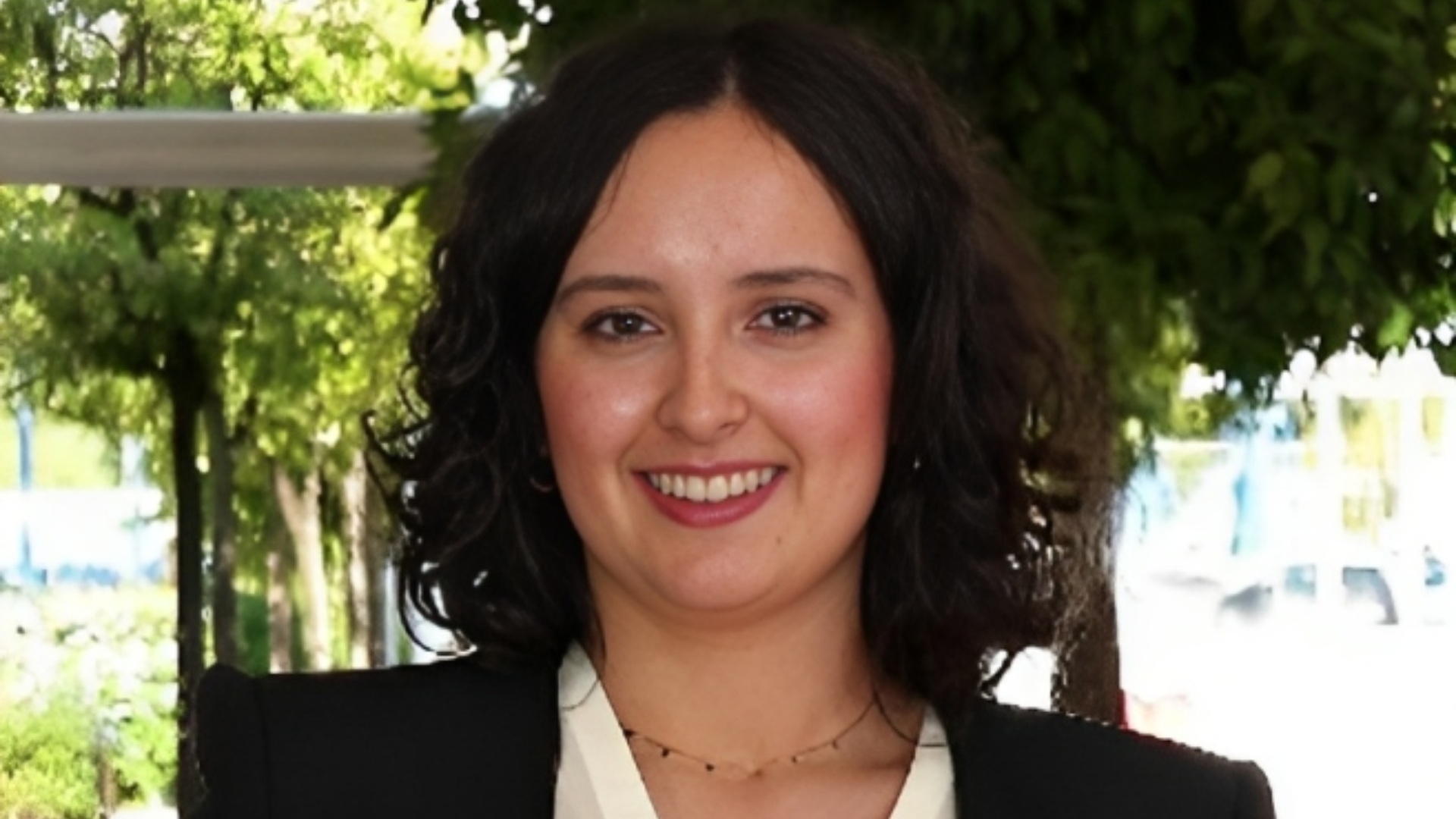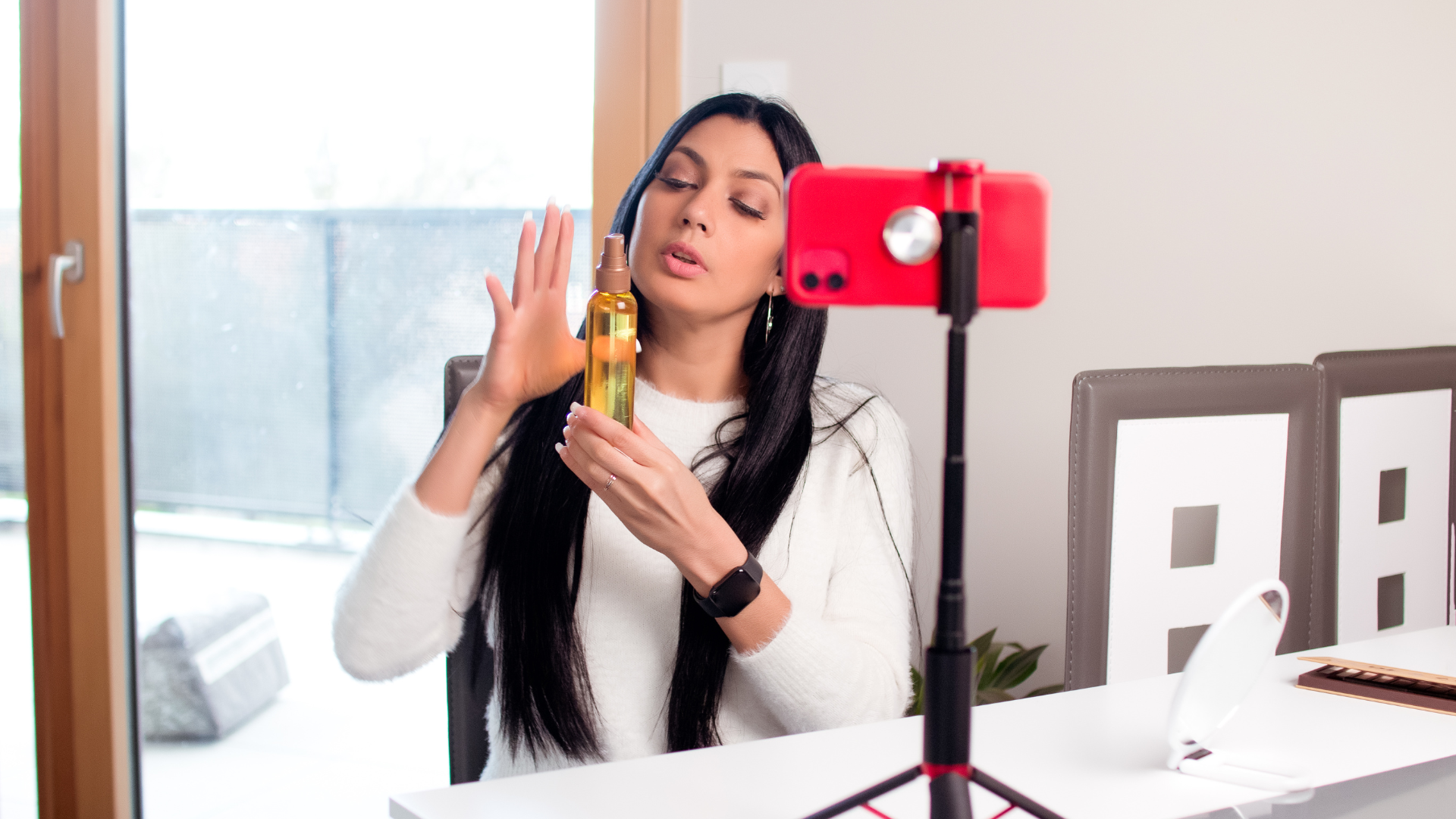They reign in the networks, but the question remains: what are influencers? When what we should really be asking ourselves is who they are. They are the singing voice of brands, who are attentive to their every move in order to get into the routine of each of their followers through the screen.
But what's wrong with all this? The widespread trend of the "TikTok promo" that dangles under the arm of content creators. In other words, they record a short video testing products, claiming they are wonderful, that they have included in their skincare routine from brands presumably compatible with the type of content they post and, of course, relatable to followers.
Even so, talking about something that is not in line with the influencer profile can be counterproductive, both for the brand and for the creator in question, who could turn out to be the bad guy for having "sold out". The greater the affinity, the more aggressively the community is taken advantage of.
The trend has gone so far that there are companies emerging - and being resurrected - thanks to influencers. Not only through TikTok, but also through other popular sites such as YouTube and Instagram. Who hasn't ever been on the fence about choosing between one skincare product or another? They are able to solve it in 15 seconds.
But it doesn't stop there. There are creators of many types and ages. Some have even launched their own beauty brand, like Rihanna or Selena Gómez. But in Spain, one of the most recognised faces is Marta Lozano (@martalozanop), founder of 'Glowfilter'. She herself, through the trust she transmits to her followers, is able to deepen her excellent marketing strategy.
Other examples found on the national scene are Marta Díaz (@martaa_diiaz), face of 'Acnemy' by 'Niche Beauty Lab', and Lola Lolita (@lolalolita), ambassador for 'L'Oreal Paris'.
Deep down, we are aware that we fall and get easily entangled in the web of influencers and brands, but we continue to consume. It is not a bad thing. Although there are opinions and opinions, it is an intelligent way of making a living. If Carlos Peguer (@carlospeguer) uses this brand of sunscreen, why shouldn't I? If I trust him and the values he conveys, I'll go for the product - to the point of running out of stock.
More than 70% of users admit to following high-impact people online. Within this percentage, the protagonists are women between the ages of 16 and 30.
Consumers also trust brands that have a presence on social networks more; mainly because of the closeness they generate. This is where marketing comes into play and where the definition of "influencers" begins to make sense and resonate around the world.
This is where we draw a clear conclusion: Generation Z is the generation that most dialogues with these creators, displacing millennials (who are more likely to consume Facebook). And, as a piece of advice, when talking about time, the best thing to do is to measure and take care of the interaction with influencers before betting on one and the products they promote. In addition, there should be room for crisis reviews and negative comments, however minimal they may be. After all, we are people united in a virtual community with points in common.

